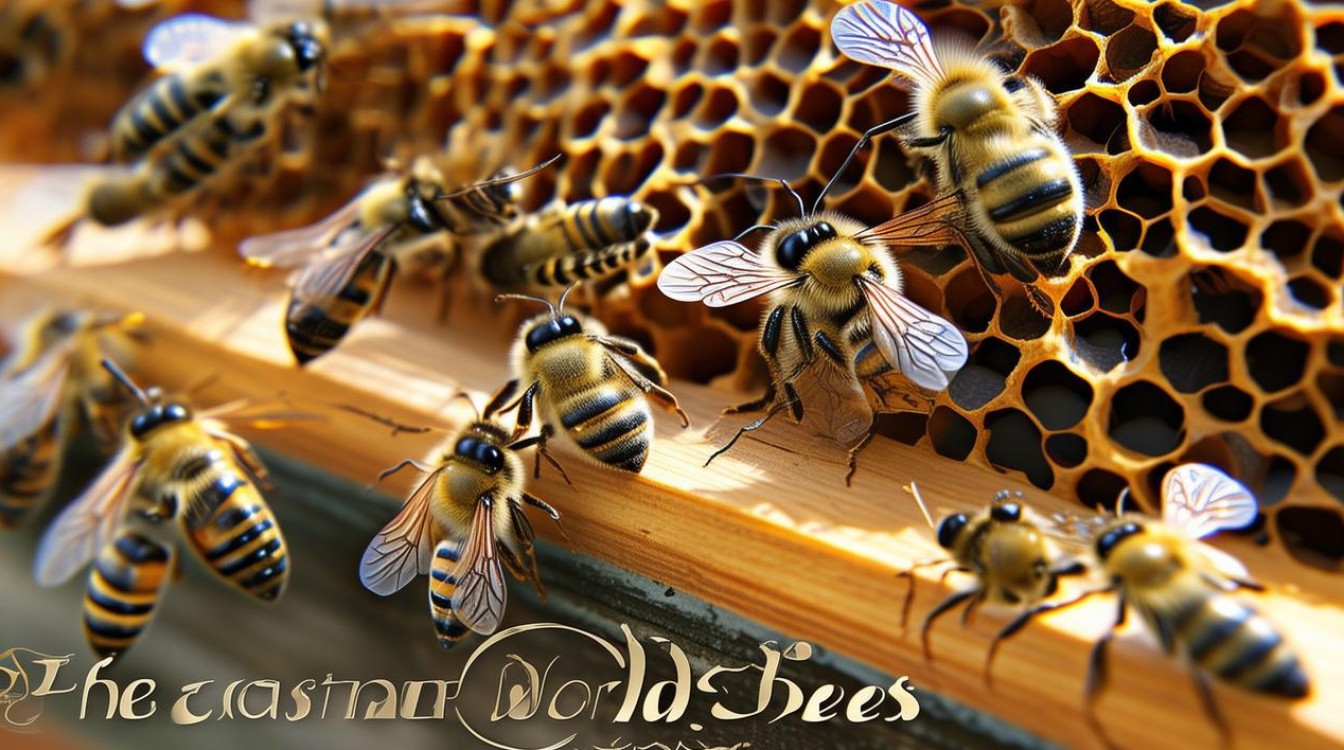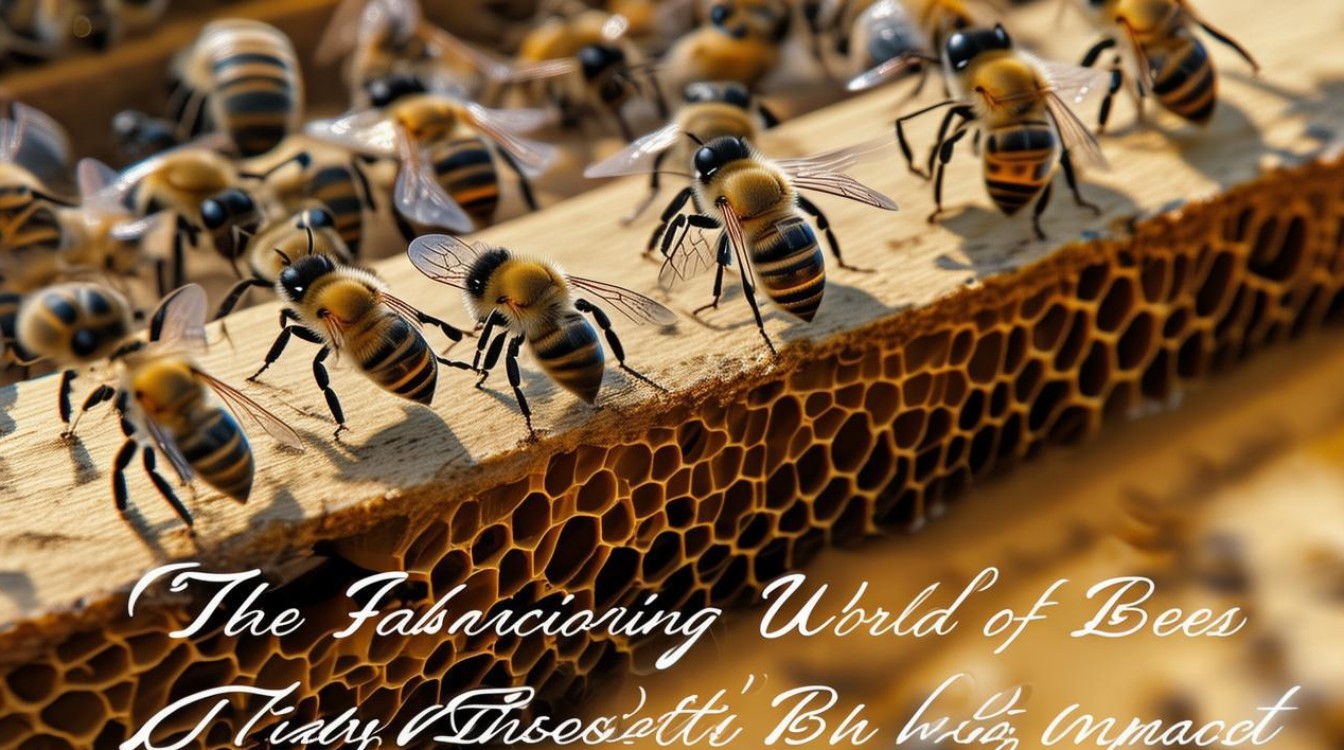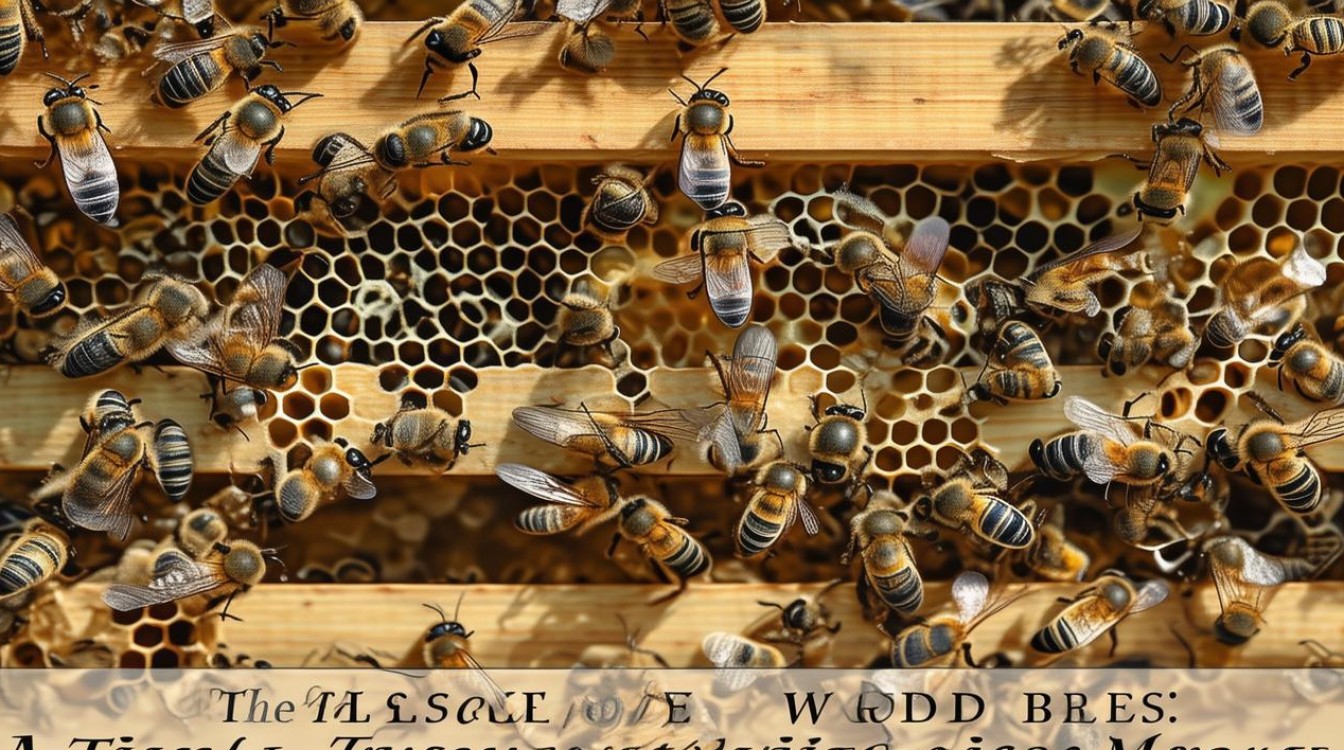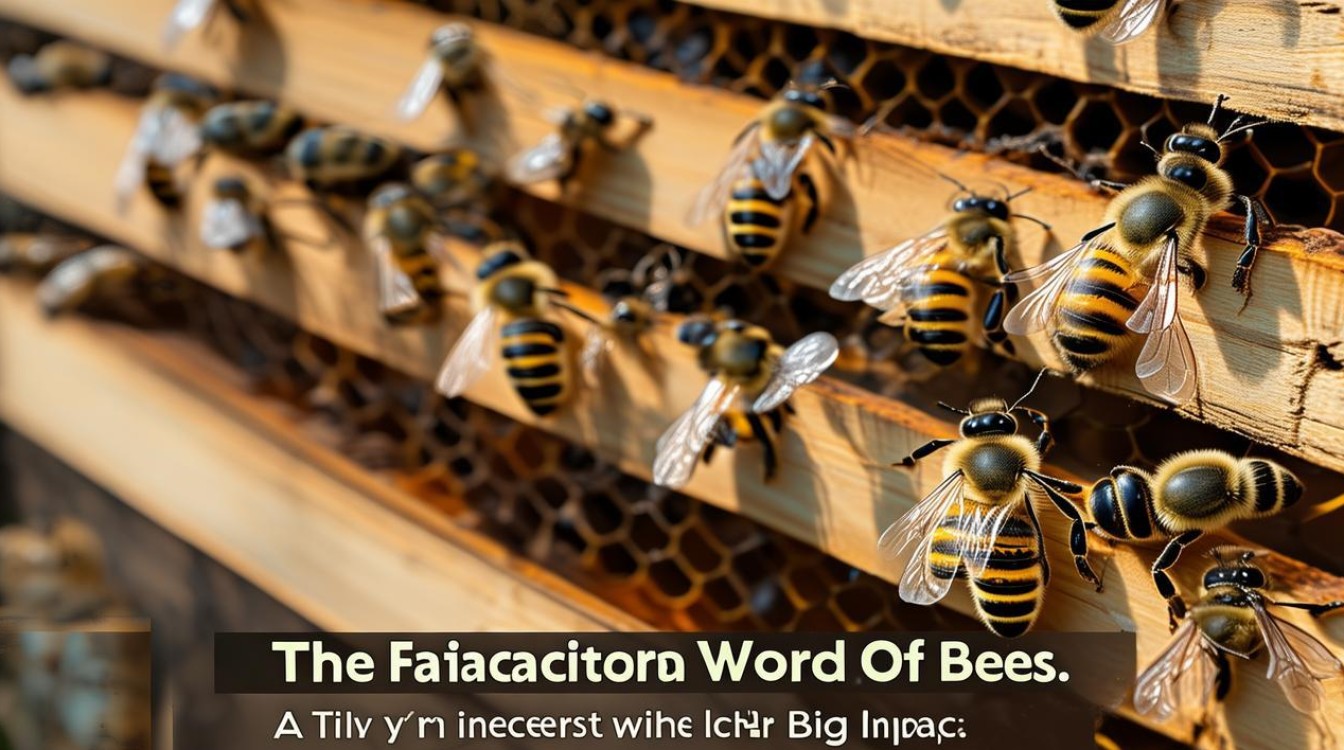Bees are among the most remarkable creatures on Earth. Their role in pollination makes them indispensable to ecosystems and agriculture. Without bees, many plants would struggle to reproduce, leading to a cascade of effects on food chains and human livelihoods. This article explores the biology, behavior, and ecological importance of bees, offering insights into why these tiny insects deserve our attention and protection.

The Biology of Bees
Bees belong to the order Hymenoptera, which also includes wasps and ants. There are over 20,000 known species of bees, ranging from the familiar honeybee to solitary mason bees. Their bodies are adapted for pollination, with hairy legs and specialized structures for carrying pollen.
One of the most fascinating aspects of bees is their social structure. Honeybees, for instance, live in highly organized colonies with a queen, worker bees, and drones. The queen’s primary role is reproduction, while worker bees perform tasks such as foraging, nursing larvae, and defending the hive. Drones exist solely to mate with the queen. This division of labor ensures the colony’s survival and efficiency.
The Role of Bees in Pollination
Pollination is the process by which pollen is transferred from the male part of a flower to the female part, enabling fertilization and seed production. Bees are among the most effective pollinators due to their foraging habits. As they move from flower to flower collecting nectar and pollen, they inadvertently transfer pollen grains.

This service is critical for agriculture. Approximately 75% of the world’s food crops depend on pollinators, with bees playing a leading role. Fruits, vegetables, nuts, and oilseeds like almonds and sunflowers rely heavily on bee pollination. Without bees, global food production would face severe challenges, leading to higher costs and potential shortages.
Threats Facing Bee Populations
Despite their importance, bee populations are declining worldwide. Several factors contribute to this trend:
- Pesticides – Chemicals like neonicotinoids are toxic to bees, impairing their navigation and foraging abilities.
- Habitat Loss – Urbanization and intensive farming reduce the availability of wildflowers and nesting sites.
- Climate Change – Shifts in weather patterns disrupt flowering cycles, making it harder for bees to find food.
- Diseases and Parasites – Varroa mites and fungal infections weaken bee colonies, often leading to collapse.
Addressing these threats requires concerted efforts from governments, farmers, and individuals. Planting bee-friendly flowers, reducing pesticide use, and supporting local beekeepers are simple yet impactful steps anyone can take.

The Cultural and Economic Significance of Bees
Beyond ecology, bees hold cultural and economic value. Honey has been harvested by humans for thousands of years, serving as a natural sweetener and medicinal ingredient. Beeswax is used in candles, cosmetics, and even art. In many cultures, bees symbolize diligence, cooperation, and environmental harmony.
Economically, the pollination services provided by bees are worth billions of dollars annually. The almond industry in California, for example, depends entirely on honeybee pollination. A decline in bee populations would have ripple effects across multiple industries, from agriculture to food manufacturing.
How You Can Help Protect Bees
Protecting bees doesn’t require grand gestures. Small actions can make a difference:

- Plant Native Flowers – Choose species that bloom at different times to provide year-round food.
- Avoid Pesticides – Opt for organic gardening methods to keep bees safe.
- Support Local Beekeepers – Buying local honey helps sustain beekeeping efforts.
- Create Bee Habitats – Leave patches of bare soil or install bee hotels for solitary species.
Bees are more than just insects; they are vital contributors to life on Earth. Understanding their importance and taking steps to protect them ensures a healthier planet for future generations.
The next time you see a bee buzzing around a flower, take a moment to appreciate its hard work. These tiny creatures are doing a big job, and we all have a role in helping them thrive.

